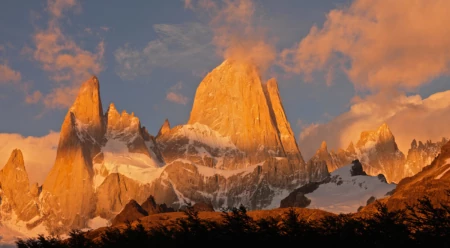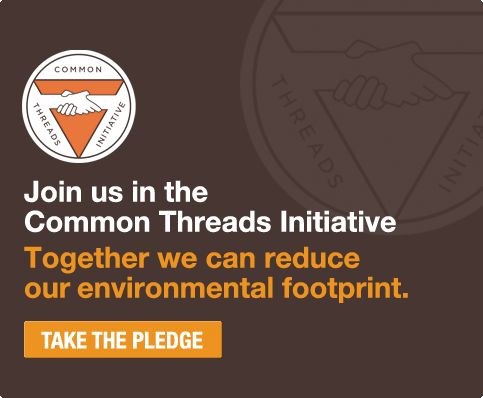Environmental Writer Annie Leonard on Gratitude
If you ask people what they’re most thankful for in life, three things nearly always come out on top. Not their car (even if it’s a hybrid), their shiny new ultrathin laptop or a 700-fill-power goose down ski jacket. Surveys consistently find we’re most thankful for friends and loved ones, good health and the wonders of nature. What’s more, clinical studies show that gratitude is good for us. Grateful people are happier, less depressed, less stressed, more satisfied with their lives and better able to cope with problems. Being thankful even helps us sleep better.
It’s a good time, then, to ask: Why don’t we walk the talk?
The main reason, of course, is the blitzkreig of commercial advertising and marketing we’re bombarded with 24/7, which peaks at this time each year. Many of us respond by spending too much time and energy chasing more Stuff and not enough on the things we say we’re most thankful for. To put it in marketplace terms, we’re underinvesting in the things that pay the most dividends, while we overinvest in Stuff that actually threatens the things we profess to value. We have more and cooler Stuff than our grandparents ever imagined, but we pay the price – more time spent working and shopping and maintaining our stuff, much less time spent in leisure, recreation, community service and with friends.
As a nation, this imbalance is not making us happy campers. In the latest Happy Planet Index, the United States ranks 14th out of 143 countries. Costa Rica, where the Gross Domestic Product per person is about a fourth of the U.S., ranked first. (In a group of 20 rich countries, however, we are number one in poverty, income inequality, spending on health care and people who can’t afford health care, infant mortality, obesity and climate change pollution.)
What can we do to reset the balance? Here’s a start: this holiday season, choose family over frenzy. The day after Thanksgiving – so called Black Friday – is a perfect time to opt out of the consumer frenzy and focus on those things we’re really thankful for.
Revisionist history aside, Thanksgiving is a great holiday. Two full days when most Americans are liberated from work and school to gather around a table, break bread and share conversation with those we love. We get the chance to spend two days pausing, recharging, looking into the faces of loved ones rather than into our computer screens.
Instead, the day after Thanksgiving, many Americans will rise at dawn, drive to a mall and spend the day searching for sales on products we don’t really need and which don’t ultimately make us happy. This year, let’s instead focus on the things that make us most thankful. Stay home, unplug the computer and the TV, bring out the board games, play touch football, walk the dog, take a hike – do anything but join the shopping frenzy. You’ll be thankful you did.
Annie Leonard has dedicated nearly two decades to investigating and organizing on environmental health and justice issues. Her first book – The Story of Stuff – was published by Free Press in March 2010.
*********************************************************
The Common Threads Initiative is a partnership between Patagonia, our customers and eBay to make, buy and use clothes more sustainably, with the ultimate aim of keeping the clothes we sell from ever reaching the landfill. Take the pledge and tell a friend. When you do, you can opt in to have Annie’s next editorial delivered right to your inbox.


